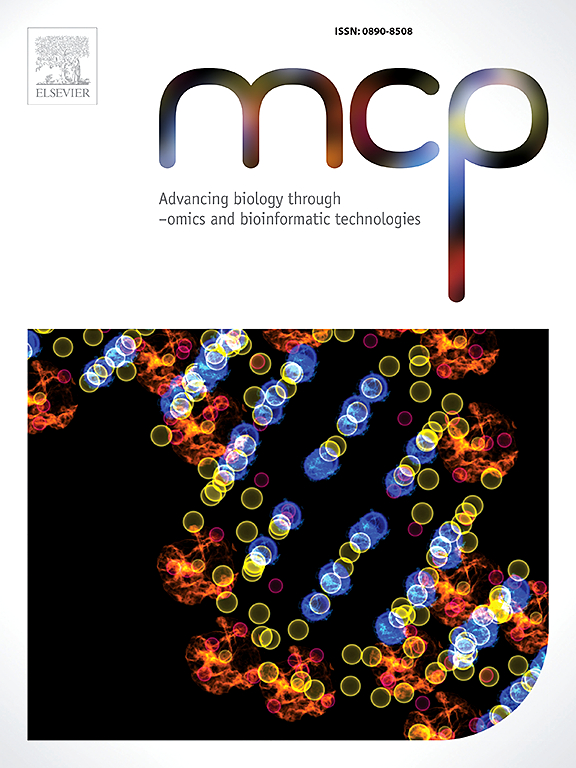Establishment of CRISPR/Cas9 lineage tracking technology for pig embryos
IF 3
3区 生物学
Q3 BIOCHEMICAL RESEARCH METHODS
引用次数: 0
Abstract
Understanding tissue development in pigs is critical for biomedical research and genetic engineering, particularly for modeling human disease. However, tracing developmental origins and reconstructing lineage trees for pig cells remains a significant challenge. Here, we present a high-resolution lineage tracing system that combines molecular barcoding with single-cell transcriptomics in pigs. Our system combines two key components: DNA barcodes (three CRISPR/Cas9 target sites and an 8-base pair intBC) integrated into the genome via piggyBac transposition, and a constitutive Cas9-EGFP cassette stably integrated at the Rosa26 locus using CRISPR/Cas12a. By combining lineage barcodes with single-cell RNA sequencing (scRNA-seq), we constructed an evolutionary lineage recorder that captures distinct cell states across developmental or differentiation trajectories. This system provides an essential tool for the subsequent construction of complete porcine cell fate maps. Our work provides a tool for studying porcine developmental biology, but also helps to optimize regenerative medicine strategies and improve the design of genetically engineered animal models.
猪胚胎CRISPR/Cas9谱系追踪技术的建立
了解猪的组织发育对生物医学研究和基因工程,特别是对人类疾病建模至关重要。然而,追踪猪细胞的发育起源和重建谱系树仍然是一个重大挑战。在这里,我们提出了一个高分辨率谱系追踪系统,结合分子条形码和单细胞转录组学在猪。我们的系统结合了两个关键组件:DNA条形码(三个CRISPR/Cas9靶点和一个8碱基对intBC)通过piggyBac转位整合到基因组中,以及使用CRISPR/Cas12a稳定整合在Rosa26位点的组成型Cas9- egfp盒。通过将谱系条形码与单细胞RNA测序(scRNA-seq)相结合,我们构建了一个进化谱系记录器,可以捕获发育或分化轨迹中不同的细胞状态。该系统为后续构建完整的猪细胞命运图谱提供了重要的工具。我们的工作为研究猪的发育生物学提供了工具,也有助于优化再生医学策略和改进基因工程动物模型的设计。
本文章由计算机程序翻译,如有差异,请以英文原文为准。
求助全文
约1分钟内获得全文
求助全文
来源期刊

Molecular and Cellular Probes
生物-生化研究方法
CiteScore
6.80
自引率
0.00%
发文量
52
审稿时长
16 days
期刊介绍:
MCP - Advancing biology through–omics and bioinformatic technologies wants to capture outcomes from the current revolution in molecular technologies and sciences. The journal has broadened its scope and embraces any high quality research papers, reviews and opinions in areas including, but not limited to, molecular biology, cell biology, biochemistry, immunology, physiology, epidemiology, ecology, virology, microbiology, parasitology, genetics, evolutionary biology, genomics (including metagenomics), bioinformatics, proteomics, metabolomics, glycomics, and lipidomics. Submissions with a technology-driven focus on understanding normal biological or disease processes as well as conceptual advances and paradigm shifts are particularly encouraged. The Editors welcome fundamental or applied research areas; pre-submission enquiries about advanced draft manuscripts are welcomed. Top quality research and manuscripts will be fast-tracked.
 求助内容:
求助内容: 应助结果提醒方式:
应助结果提醒方式:


